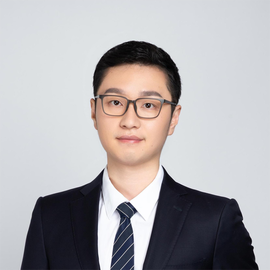Abstract
We study the task of entanglement distillation in the one-shot setting under different classes of quantum operations which extend the set of local operations and classical communication (LOCC). Establishing a general formalism which allows for a straightforward comparison of their exact achievable performance, we relate the fidelity of distillation under these classes of operations with a family of entanglement monotones and the rates of distillation with a class of smoothed entropic quantities based on the hypothesis testing relative entropy. We then characterise exactly the one-shot distillable entanglement of several classes of quantum states and reveal many simplifications in their manipulation. We show in particular that the -error one-shot distillable entanglement of any pure state is the same under all sets of operations ranging from one-way LOCC to separability-preserving operations or operations preserving the set of states with positive partial transpose, and can be computed exactly as a quadratically constrained linear program. We establish similar operational equivalences in the distillation of isotropic and maximally correlated states, reducing the computation of the relevant quantities to linear or semidefinite programs. We also show that all considered sets of operations achieve the same performance in environment-assisted entanglement distillation from any state.
Publication
New Journal of Physics

Associate Professor
Prof. Xin Wang founded the QuAIR lab at HKUST(Guangzhou) in June 2023. His research primarily focuses on better understanding the limits of information processing with quantum systems and the power of quantum artificial intelligence. Prior to establishing the QuAIR lab, Prof. Wang was a Staff Researcher at the Institute for Quantum Computing at Baidu Research, where he concentrated on quantum computing research and the development of the Baidu Quantum Platform. Notably, he spearheaded the development of Paddle Quantum, a Python library designed for quantum machine learning. From 2018 to 2019, Prof. Wang held the position of Hartree Postdoctoral Fellow at the Joint Center for Quantum Information and Computer Science (QuICS) at the University of Maryland, College Park. He earned his doctorate in quantum information from the University of Technology Sydney in 2018, under the guidance of Prof. Runyao Duan and Prof. Andreas Winter. In 2014, Prof. Wang obtained his B.S. in mathematics (with Wu Yuzhang Honor) from Sichuan University.